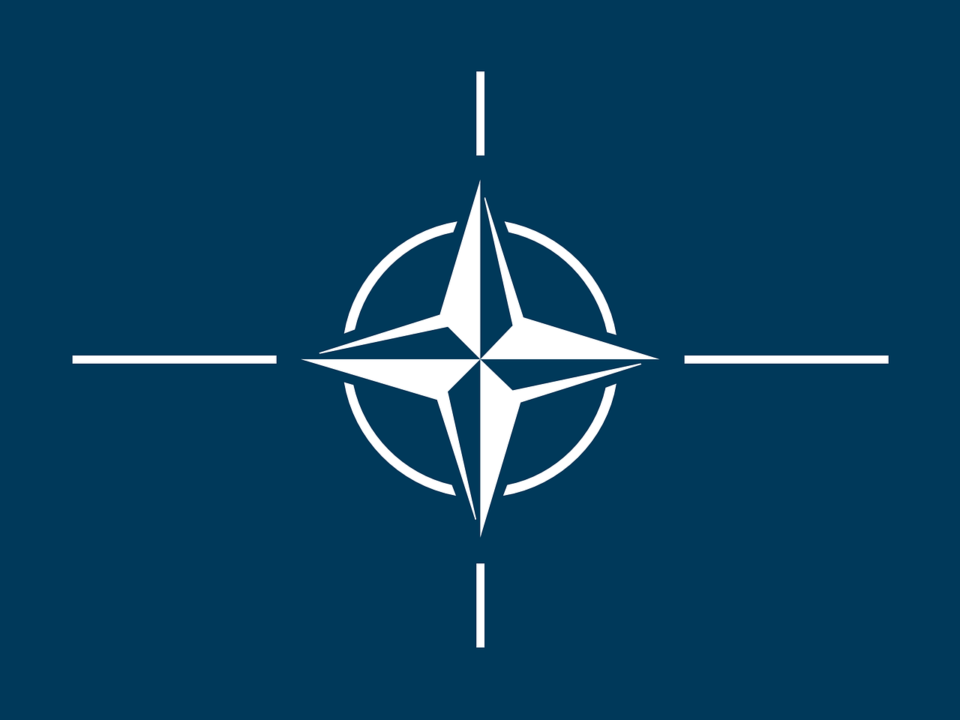
On May 23, U.S. President Joe Biden signed a memorandum officially declaring Colombia as a NATO Non-Member Strategic Ally (MNNA), a category reserved for only a few countries in the world.
This means a series of economic and military privileges, such as participation in U.S. Department of Defense cooperative projects, anti-terrorism programs, access to U.S. military materiel, and loans of equipment and materials for research. Colombia can also be located for the storage of U.S. war stockpiles.
In this context, U.S. Senators introduced the U.S.-Colombia Bicentennial Partnership Bill, which codifies the designation of Colombia as a NATO Strategic Non-Member Ally.
This initiative seeks to strengthen the diplomatic relationship between the two countries by establishing a policy for the U.S. government in support of peace, justice, and democratic governance, including full implementation of Colombia’s 2016 Peace Accord; authorizing a bilateral labor pact to strengthen labor rights and formalization of employment; respect human rights, and strengthen the effectiveness of humanitarian assistance programs; increase investments in Colombian companies through the creation of a new $200 million Colombian-American Business Fund to support investments in Colombia’s technology sector and the businesses of women entrepreneurs; strengthen training in the technology sector for women and girls; and enhance initiatives to protect tropical forests and responsible gold mining and production, among others.
One of the important points of this legislation, relates to the fight against corruption, expanding efforts to counter it, protecting human rights defenders, and establishing a U.S.-Colombia advisory committee to advance bilateral cooperation in security, cyber defense, and the fight against cybercrime. In addition, it notes that it requires new classified reports on FARC dissidents and criminal activities of countries abroad.
This designation of Colombia as a NATO Strategic Non-Member Ally occurs in the midst of Russia’s invasion of Ukraine, the incipient rapprochement between Washington and Caracas, which has unsettled Bogotá, and the election of the next president to be defined between the leftist candidate, Gustavo Petro, and the populist, Rodolfo Hernández, in the second round of elections, next June 19.
It is worth noting that this designation does not compromise the same obligations of NATO member countries, so they do not have to comply with Article 5 of the Atlantic Alliance on collective defense.
Other countries listed as Non-NATO Strategic Allies of the United States are Afghanistan, Argentina, Australia, Bahrain, Brazil, Egypt, Israel, Japan, Jordan, Korea, Kuwait, Morocco, New Zealand, Pakistan, the Philippines, Thailand, and Tunisia. In addition, Biden recently announced the designation of Qatar, and on the other hand, the U.S. treats Taiwan as part of this category.














